|
|
The Vietnamese Ministry of Heath has given the go-ahead for a plan to release over one million mosquitoes carrying the bacterium Wolbachia in Nha Trang City to establish a stable population of the dengue-neutralizing insects.
The plan looks to release between one and 1.4 million Wolbachia-infected yellow fever mosquitoes, also known as the Aedes aegypti, a common transmitter of dengue fever, in the south-central city, the capital of Khanh Hoa Province.
Dengue fever is a mosquito-borne infectious disease, with symptoms including fever, headache, muscle and joint pain and a characteristic skin rash similar to measles, according to the World Health Organization.
The disease may develop into life-threatening conditions in a small proportion of cases, resulting in bleeding, low levels of blood platelets, blood plasma leakage, or low blood pressure.
Wolbachia is an endosymbiotic bacterium that, once infected, has been found to shorten the lifespan of Aedes aegypti mosquitoes while partially or entirely blocking them from contracting the dengue virus, according to research scientists at Monash University.
The Wolbachia-carrying mosquitoes will be deployed in the urban wards of Vinh Phuoc, Vinh Tho, Vinh Truong and Phuoc Long, where there are 12,600 households with a population of nearly 56,000.
The mosquitoes will be released gradually over the course of between 12 and 18 weeks, likely starting next month, and are expected to multiply and make up at least 70% of the local Aedes aegypti mosquito count three months after the release, according to Ministry of Health estimates.
However, the date of release has not yet been set by the administration of Khanh Hoa, according to Le Tan Phung, deputy director of the provincial Department of Health.
Officials are still working to disseminate knowledge about the mosquitoes and the program to locals in areas to be affected by the release, while pooling their opinion on the issue, Phung said.
In 2013, Wolbachia-infected Aedes aegypti mosquitoes were released on the small island of Tri Nguyen off the Nha Trang coast to test how they would grow and replace the endemic population.
By the beginning of December 2014, more than 90% of the mosquito population on Tri Nguyen Island had been replaced with the Wolbachia-carrying ones, according to the Eliminate Dengue Program.
Vietnam is among the countries hit hardest by dengue fever, which affected nearly 45,000 people in 53 of the country’s 63 provinces and cities in the first nine months of 2015, and killed at least 28 people, the Ministry of Health said.
Tuoitrenews

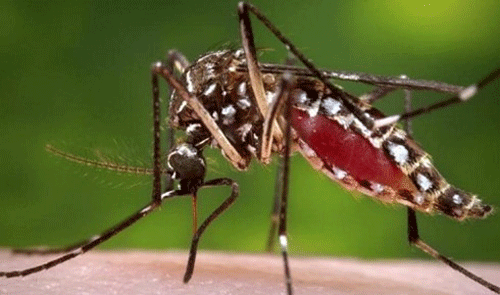


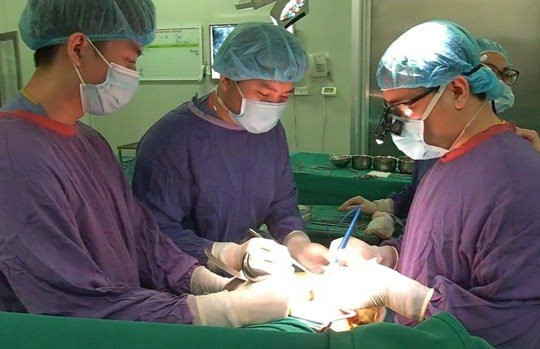
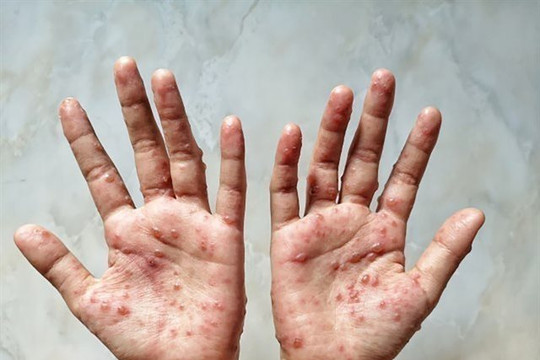

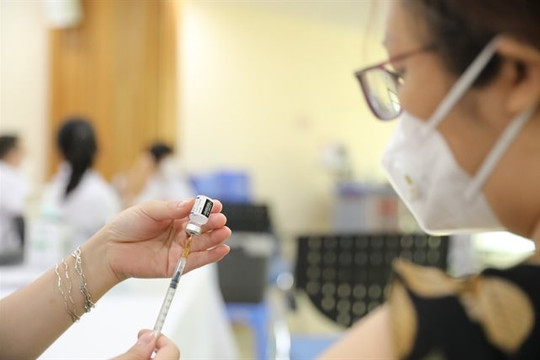


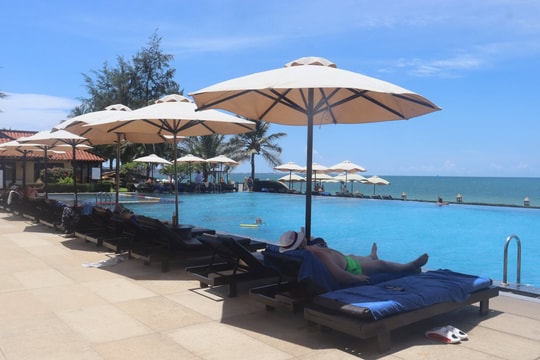



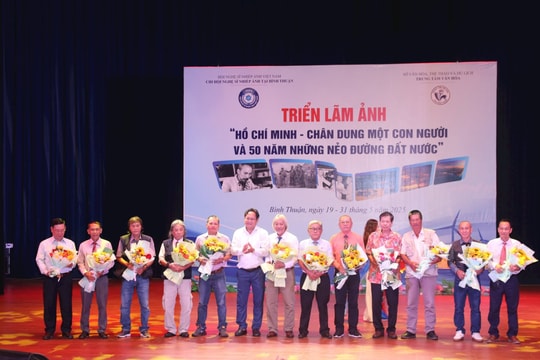






.jpg)


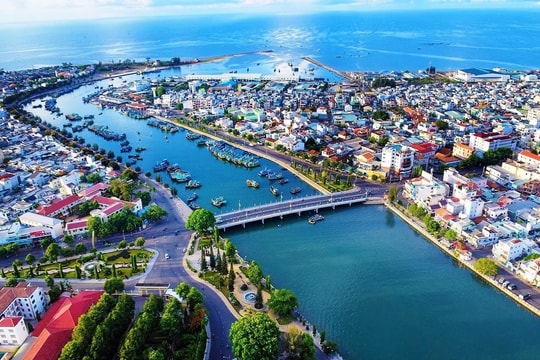


.jpeg)

.jpeg)


.jpeg)


